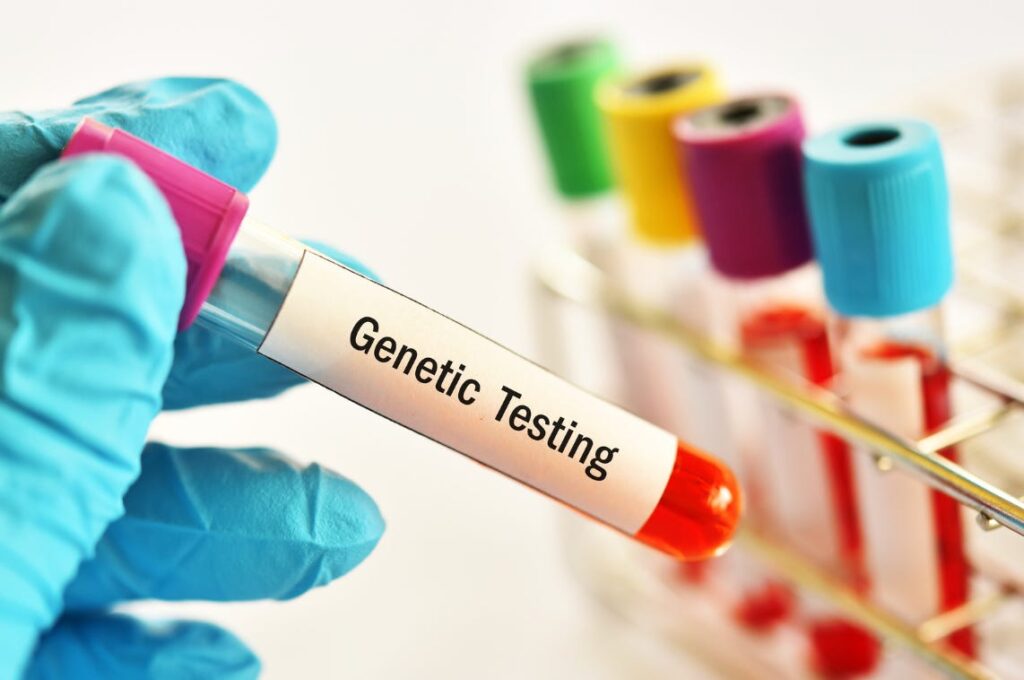
Genetic factors are one of the key components that have a significant impact on an individual’s health. Genes regulate a person’s bodily functions, determine their physical characteristics, and potentially affect their susceptibility to disease. In this article, we will examine the role of genetic factors in disease development. The impact of genetic factors on disease development is a complex concept. It will be explained through both monogenic diseases and polygenic diseases.
Monogenic Diseases and Genetic Predisposition
Monogenic diseases are diseases in which a single genetic change (mutation) causes the development of a disease. Examples of such diseases include cystic fibrosis, sickle cell anemia, and Huntington’s disease. The development of these diseases depends on the presence of certain genetic mutations. Therefore, a person’s risk of developing these diseases depends on carrying the relevant genetic mutations. Familial history plays a decisive role in the spread of monogenic diseases within families.
Polygenic Diseases and Genetic Influence
Polygenic diseases are diseases that develop due to the interaction of many different genes. Examples include heart disease, diabetes and cancer. The development of such diseases occurs as a result of a complex interaction of multiple genes and environmental factors. Genetic predisposition is a determining factor in the development of these diseases. Individuals with different genetic variants have different risks of disease when exposed to the same environmental factors.
How Genetic Factors Appear?
The role of genetic factors in disease development can occur in different ways. Dominant genetic mutations can cause disease if only one copy of the disease-causing mutation is present. Recessive genetic mutations can lead to the development of the disease when two copies are required. Additionally, polygenic effects can also increase disease risk by combining many different genes.
The Role of Genetic Testing
Genetic testing can help individuals determine their genetic predisposition. These tests can be used to assess individuals’ susceptibility to certain diseases. They can be an important tool for early diagnosis and prevention of disease. However, the results of these tests may not always be conclusive. And it is important not to forget the role of environmental factors as well as genetic predisposition.
Genetic Factors in Disease Development
Genetic factors play an important role in disease development. The development of diseases caused by monogenic diseases directly depends on the presence of certain genetic mutations. The development of polygenic diseases occurs as a result of the interaction of multiple genes and environmental factors. Genetic tests are important tools that can be used to assess disease risk and early diagnosis of disease. However, the impact of environmental factors as well as genetic factors on disease development should not be forgotten.